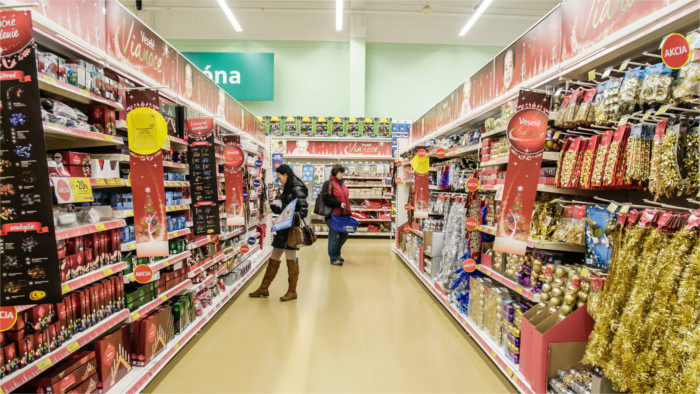On Monday, the European Commission released the results of a Europe-wide comparison of food products concentrating on the question of dual quality. The tests have shown that approximately one-third (31%) of the tested products have a different composition, despite identical or similar packaging. A study carried out by the European Commission's Joint Research Center (JRC) analyzed 1,380 food products in 19 EU countries and showed that 9% of the products compared had different composition, although the packages were identical. Another 22% of products had different composition although the packaging was similar.
According to Slovak Agriculture Minister Gabriela Matečná, such practices constitute an unfair misleading of consumers. Matečná´s ministry brought up the issue of dual food quality already back in 2017, pointing to the lower quality of foodstuffs imported to Eastern European countries. Central and Eastern European countries have thus pushed for new rules to address this practice, which passed in the European Parliament in April 2019.
"No geographical distinction has been confirmed. That means that the idea that new member countries would be discriminated against has thus not been proven," says Vladimír Šucha, director-General of the Joint Research Centre, the European Commission's science and knowledge service, who performed the latest Europe-wide study. In their findings one can learn, for example, that baby food for the Slovak market consists of 90% pumpkin, while for the German market there is only 60% pumpkin and additional potato starch. Milk candy produced for the Baltic states had 3% more milk than the same product for Slovakia or Italy. Nevertheless, Agriculture Minister Matečná thinks the findings are not representative enough, as Austria, Germany and Italy have not participated in the testing, countries from which products of double quality standards are being shipped off to Slovakia and the Czech Republic.
In response to the European Commission's findings, producers blamed differing translations of the food labels or time differences in the introduction of production innovations.
"Nevertheless, one positive thing is that the producers have informed us that due to public concerns, they will unify the composition of food products across the European Union," says Vladimír Šucha of the Joint Research Centre. Moreover, the European Commission has launched a new call for proposals with a total budget of €1.26 million to strengthen consumer organisations' capacities to test products and identify potentially misleading practices.


